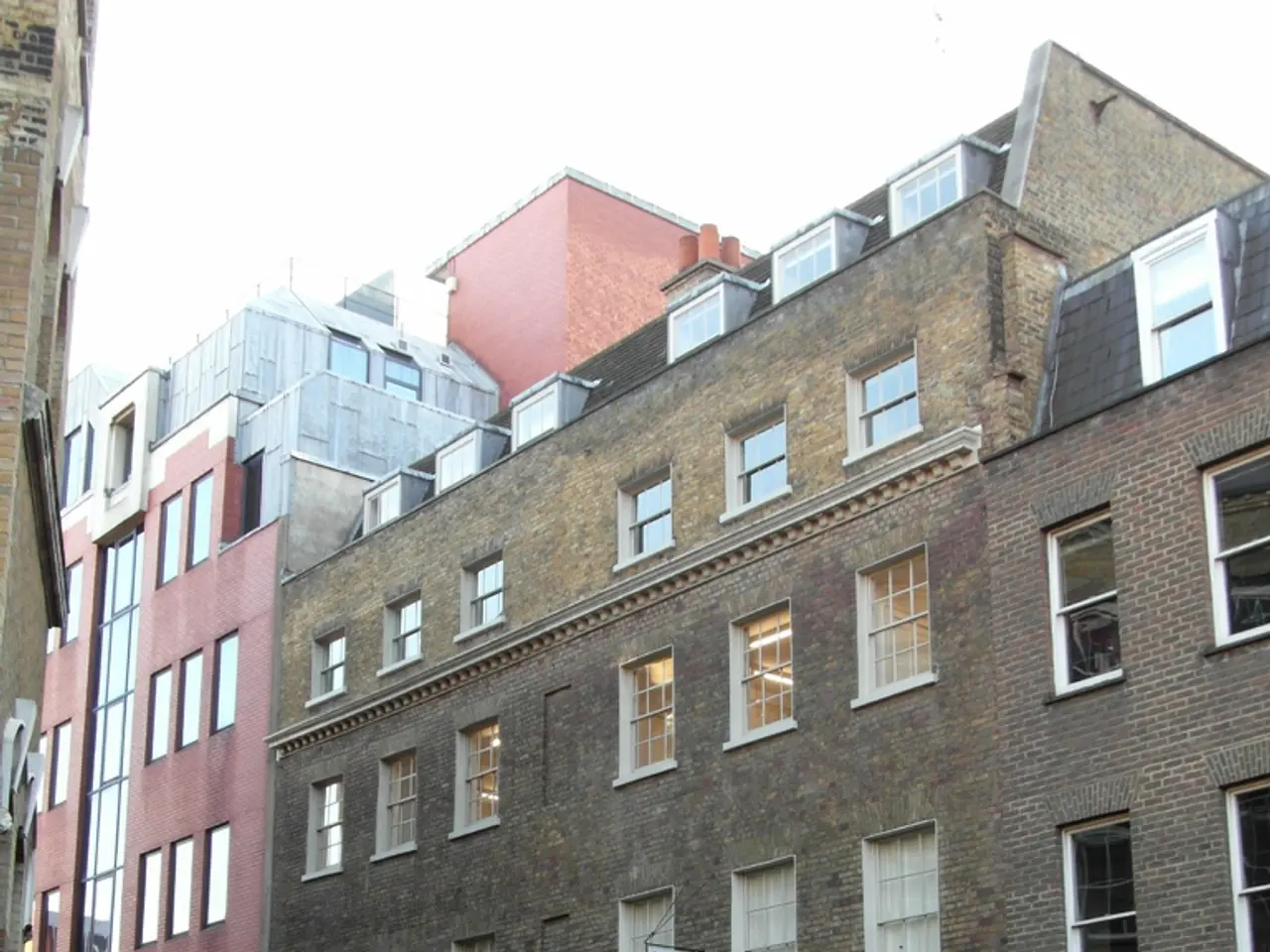Enhanced Border Regulations Instituted at the German-Polish Frontier — Aid for Europe
The heightened military presence at the German-Polish border, marked by armed police and border vehicles bearing Polish insignia, has led to significant negative economic and social impacts on local businesses and family ties.
Economically, the border checks have caused delays for transport and commuters, increasing costs and reducing cross-border trade. According to the German Institute for Economic Research (DIW) in Berlin, these measures are estimated to lower economic growth by 0.1 percent this year. Businesses in the border regions, such as cafes, snack bars, and the local market in Leknica, have reported reduced customer bases, and sectors heavily reliant on cross-border mobility, like agriculture, logistics, and manufacturing, face particular harm.
Socially, the controls have disrupted the longstanding ease of crossing for local residents, complicating daily routines and straining family and personal relationships that cross the border. Hairdressers in Leknica, like Aneta Lach of the salon "Metamorphosis," have noted a decrease in visitors due to the reintroduced border controls. To keep customers, the salon offers free coffee, colorful sweets, short-notice appointments, and lower prices than in Germany.
Researchers and experts have concluded that such border controls have little demonstrable effect on curbing irregular migration but have significant unintended social and economic consequences. Both German and Polish officials have agreed that these measures are temporary, with a shared goal to lift them and focus on external EU border protection. However, these controls remain in place and are even planned for extension beyond September 2025.
The economic costs via disruption to trade and transport and the social costs through complicating local cross-border life and relationships are causing broad local dissatisfaction. For instance, the Catholic parish of Heilig Kreuz Weißwasser has reported that having to carry ID again is annoying and has led to a significant reduction in mutual visits among German-Polish families. A currently uncontrolled pedestrian bridge ensures encounters at a minute's notice between Germans and Poles, offering a stark contrast to the formalised border checks elsewhere.
Despite the decrease in illegal migration from Belarus, the economic consequences are weighing heavily. The controls are seen by researchers and local residents as politically motivated measures that do not effectively control migration but cause considerable hardship for people living in the region.
- The increased border controls have resulted in financial difficulties for businesses in the affected regions, particularly those heavily dependent on cross-border mobility.
- In the realm of lifestyle, locals have expressed frustration over the reintroduction of border checks, as it has negatively impacted personal and family relationships that transcend the border.
- The restrictions on travel across the border have led to an increased focus on policy-and-legislation concerning cross-border movement, with both German and Polish officials stating that the measures are temporary.
- The controversial border controls have sparked general-news discussions about the effectiveness of such measures in controlling migration, with increasing concerns about the associated unintended social and economic consequences.




